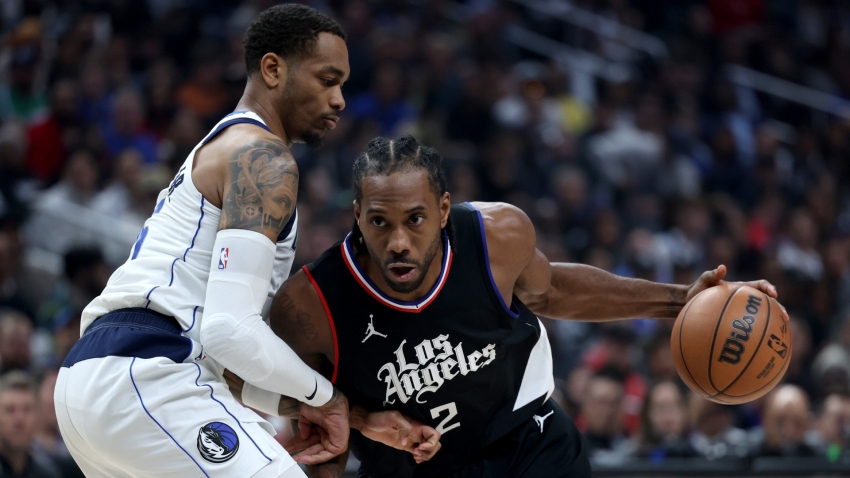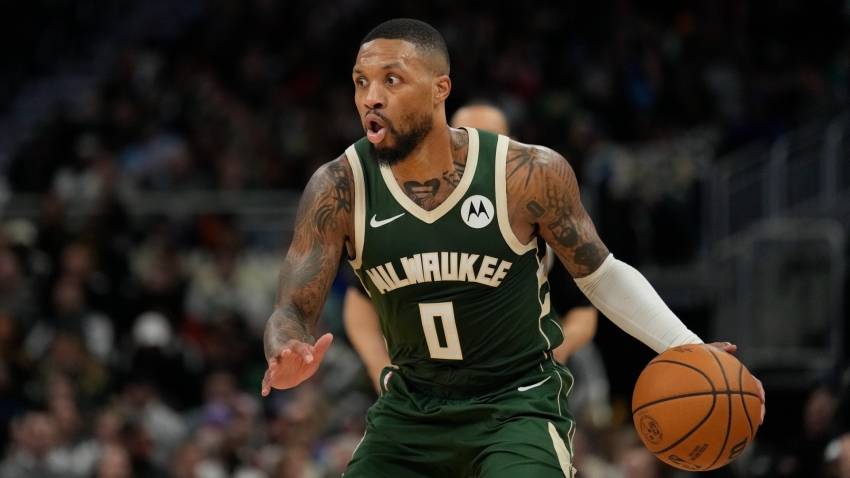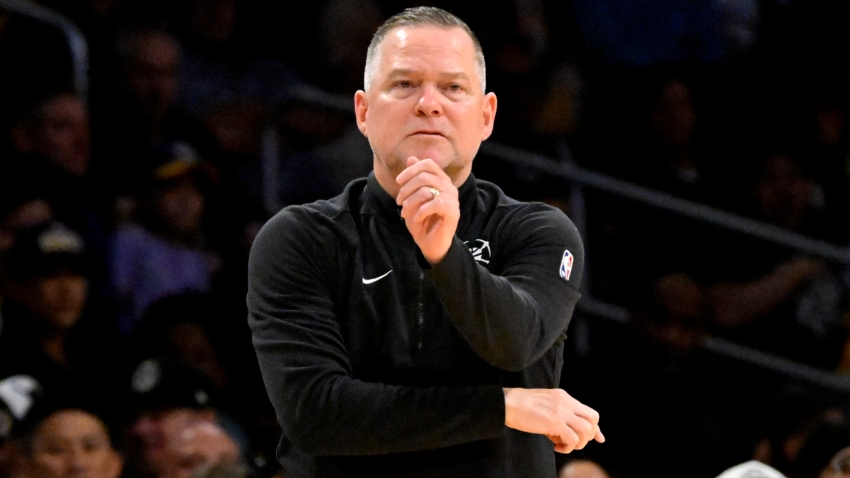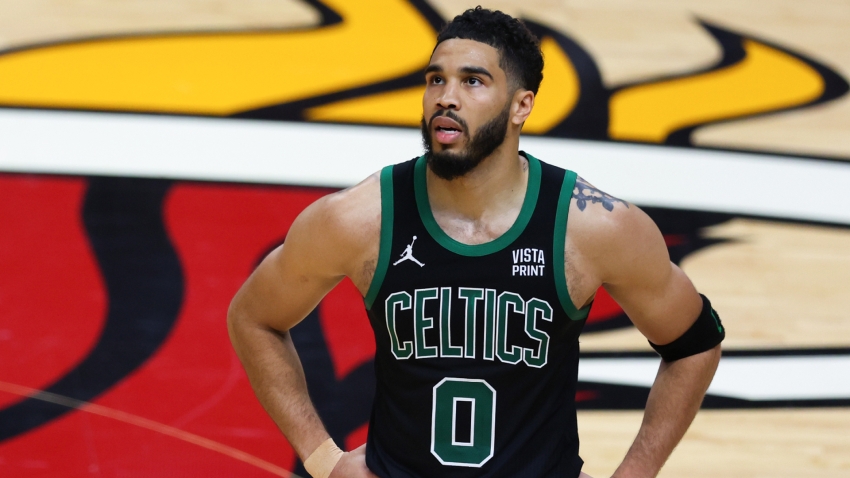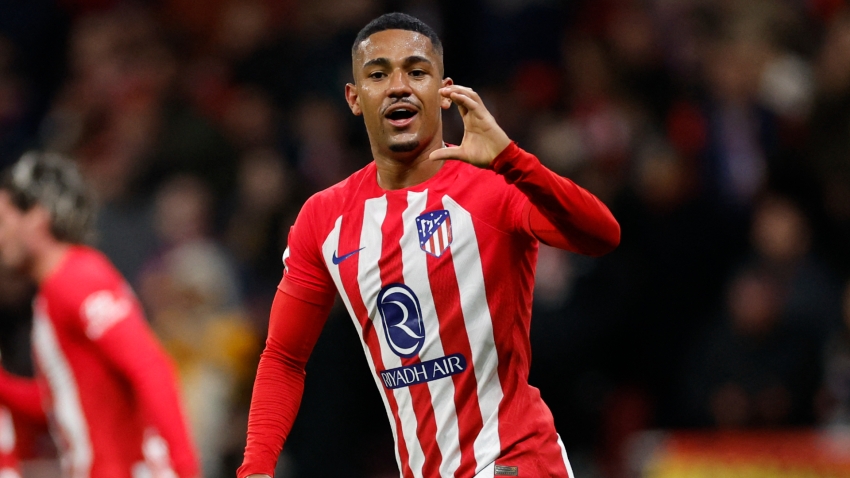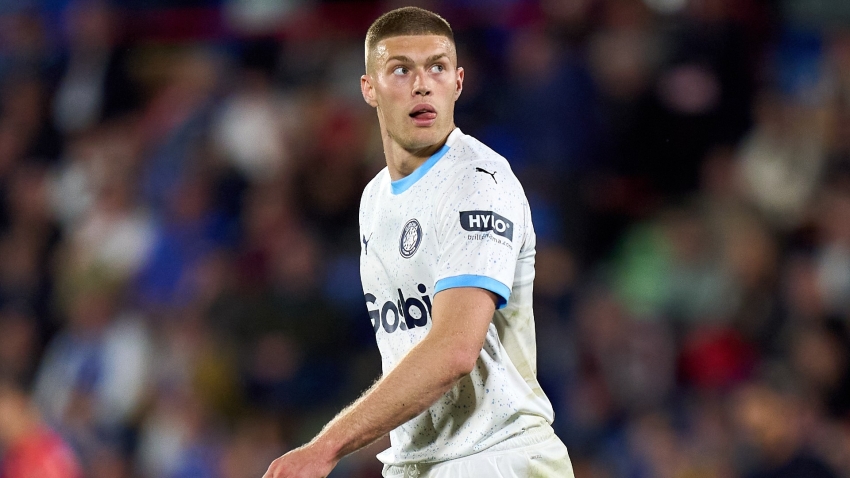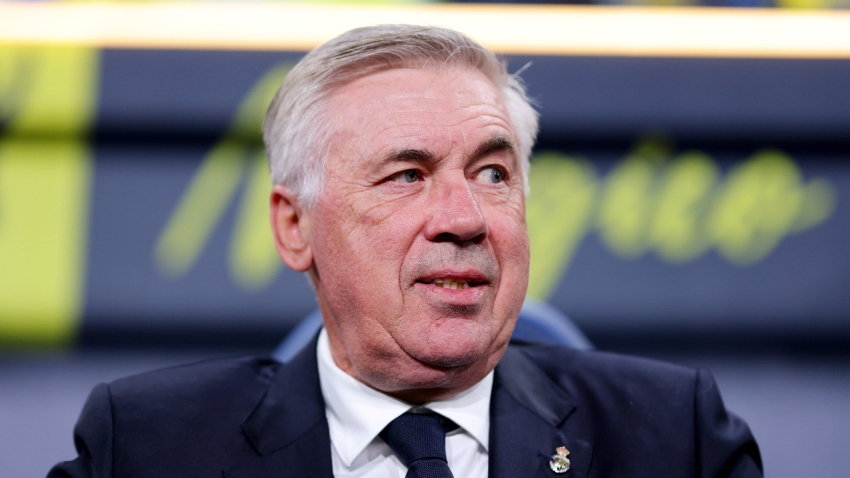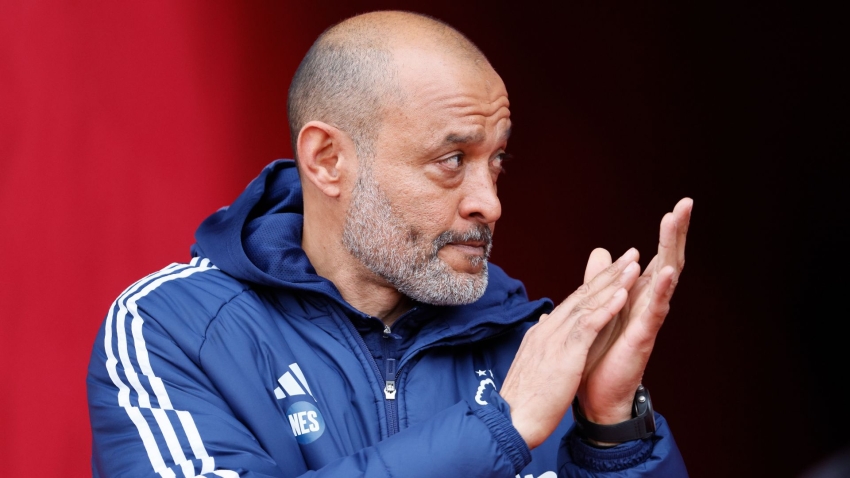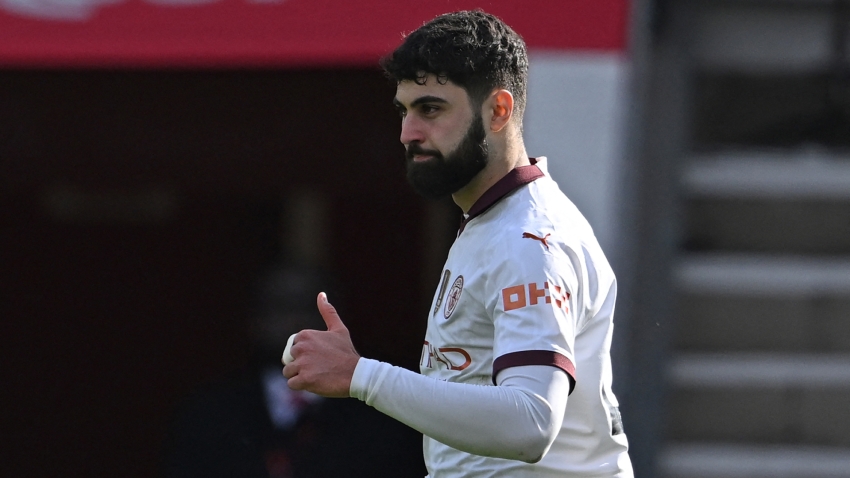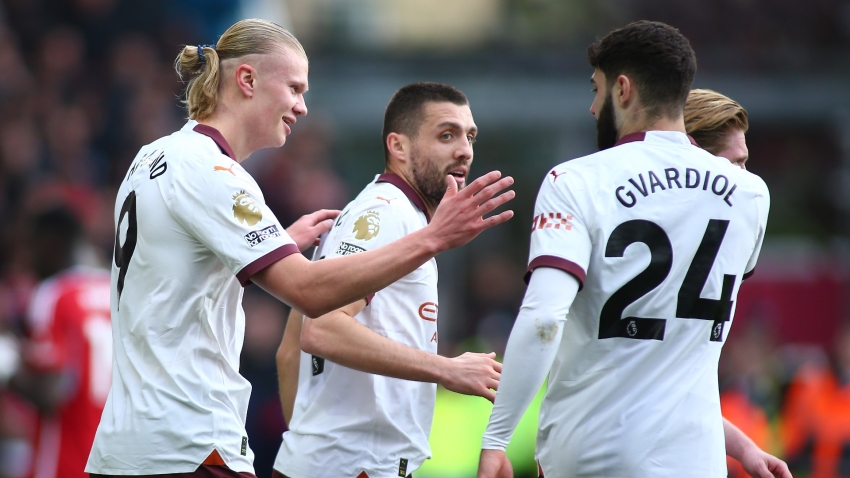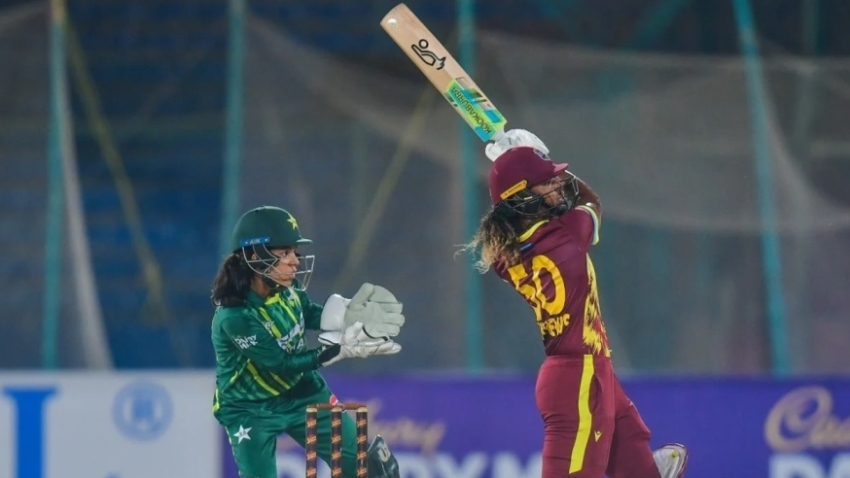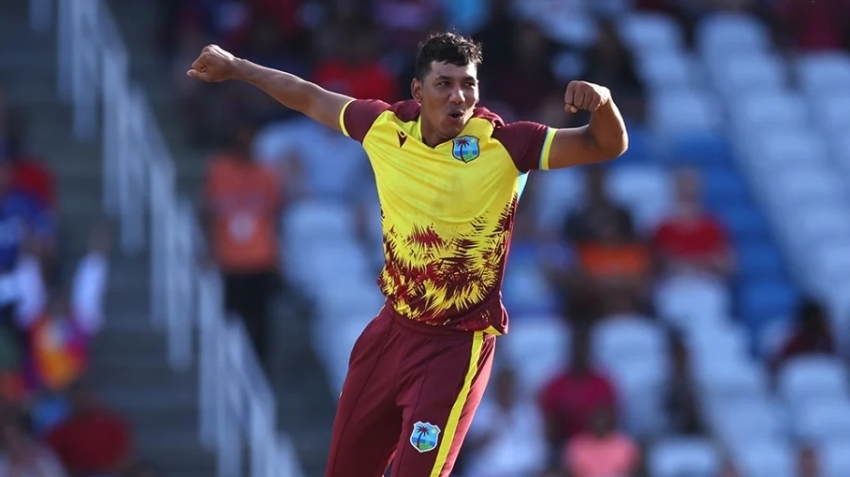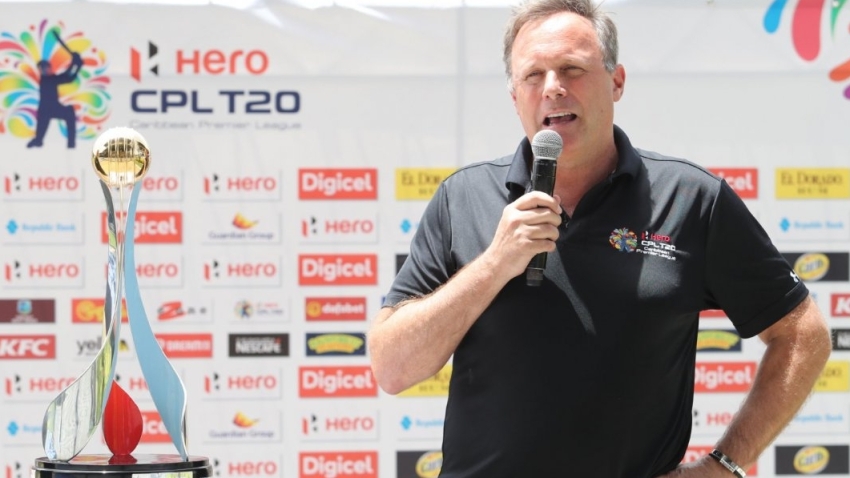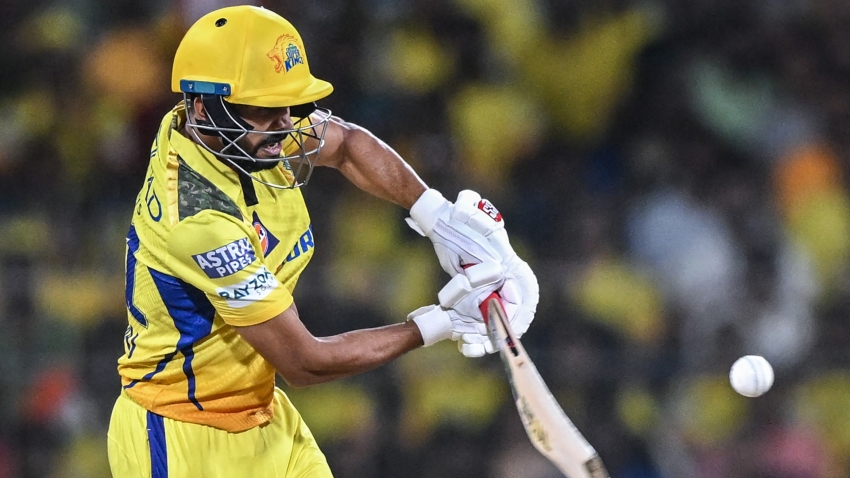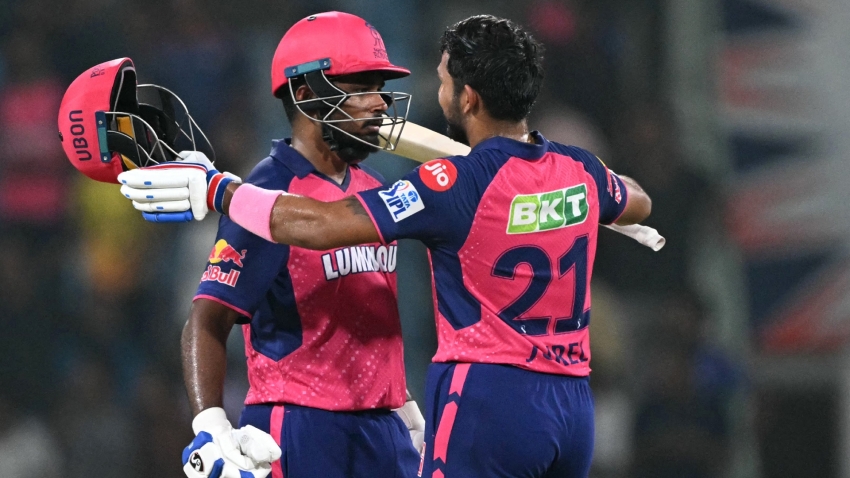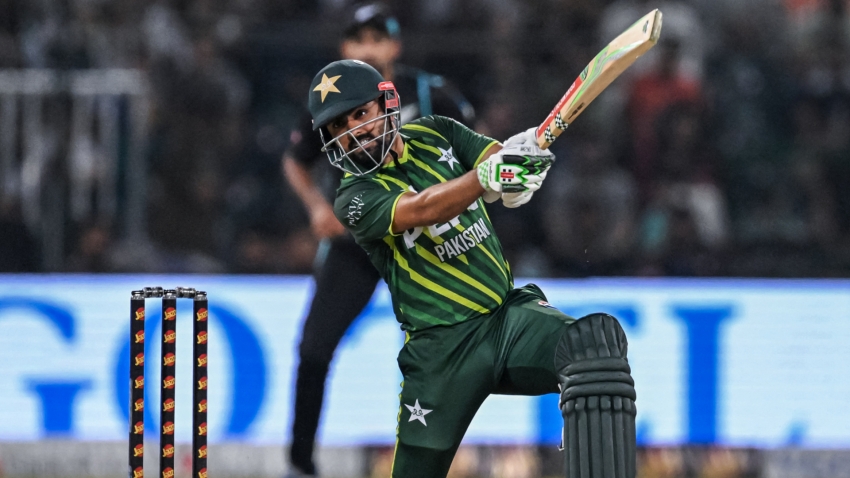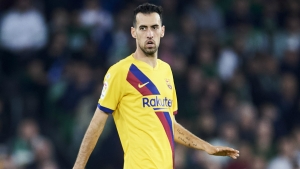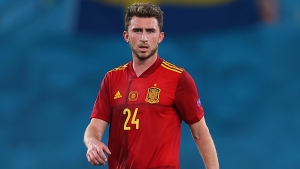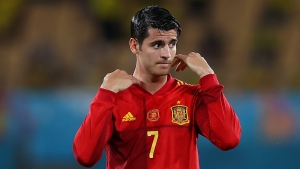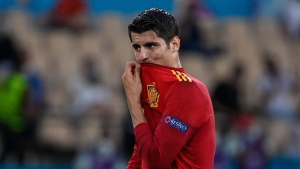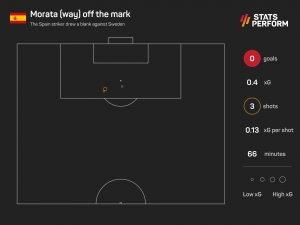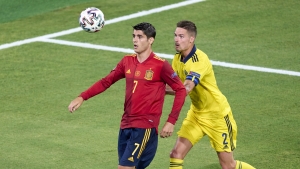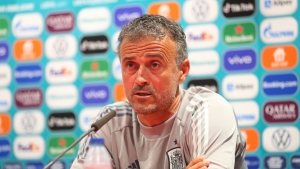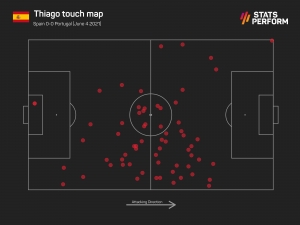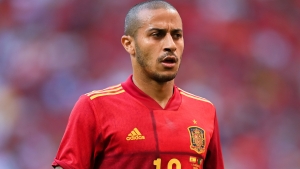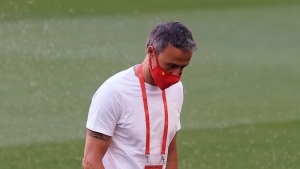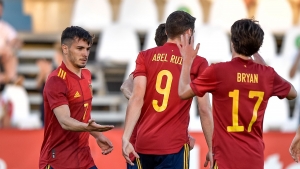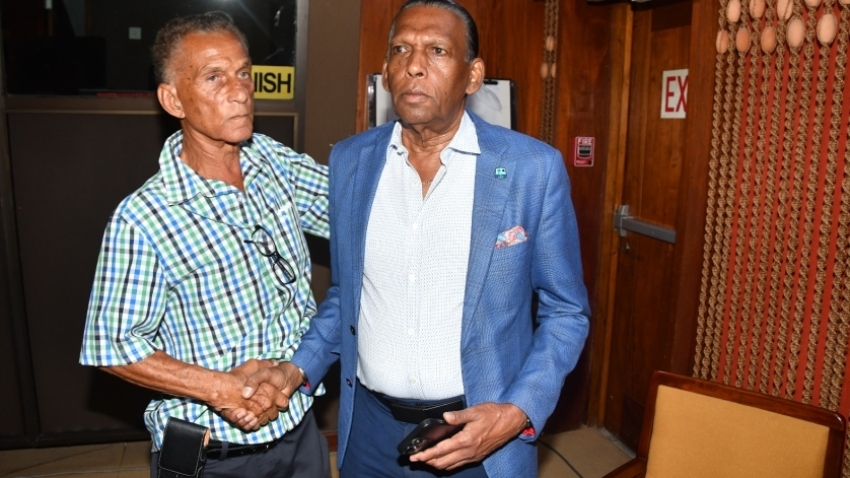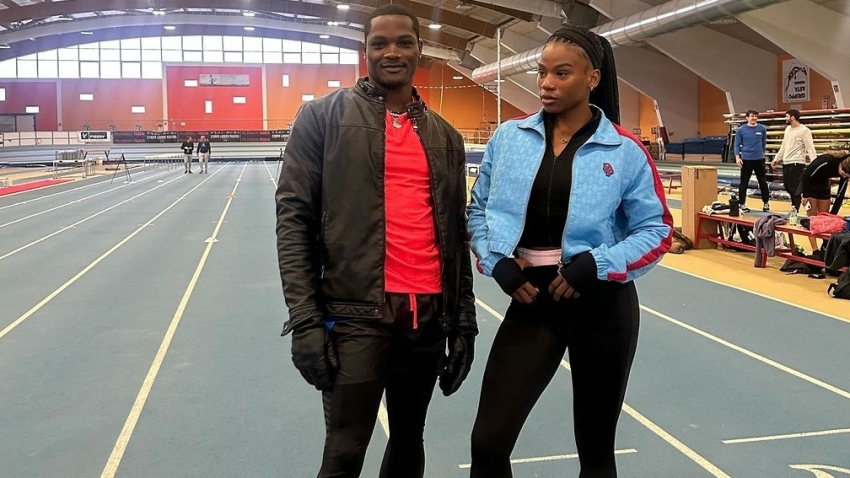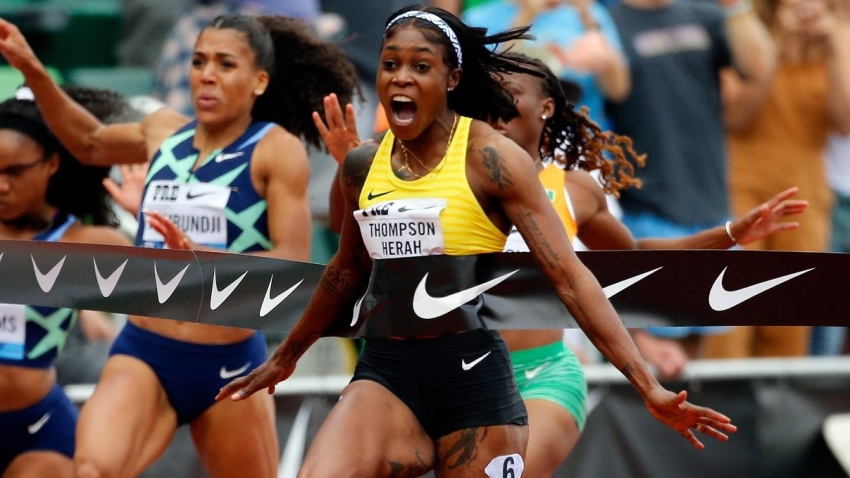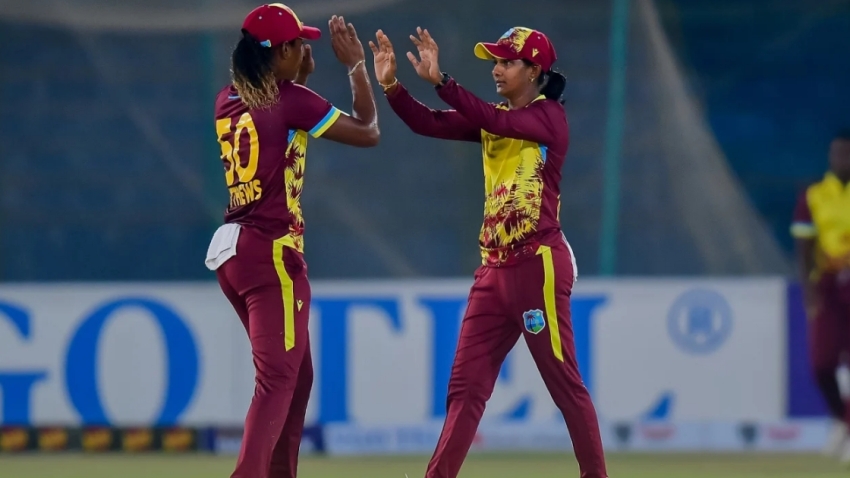Predicting the winner of a major international tournament is a natural part of being a football fan, even if it can sometimes be something of a fool's errand – as proven by Greece and Denmark.
But considering how integral statistics are to football these days, using data could potentially give you the edge, and that's where Stats Perform comes in.
Our Artificial Intelligence team have used Opta's extensive data reserves to quantify each team's chances of winning the entire tournament.
Every match has been run through the Stats Perform Euros Prediction model to calculate the estimated probability of the outcome (win, draw or loss). This uses odds from betting markets and Stats Perform team rankings, which are based on historical and recent performances.
It takes into consideration the strength of each team's opponents as well as the difficulty of their respective paths to the final, plus the make-up of the groups and any relevant seedings heading into the knockouts.
Then, the rest of the tournament is simulated 40,000 times and analysed, providing the AI team with a percentage for each nation, showing the probability of them ultimately lifting the trophy at Wembley on July 11.
Without any further ado, let's check out the results, some of which may come as something of a surprise…
MOST-LIKELY WINNERS: France (20.5 per cent)
Well, this one probably isn't much of a shock. Anyone who has looked through the squad at Didier Deschamps' disposal has likely come to the conclusion that Les Bleus will have to implode a la the 2010 World Cup if they're to be beaten.
Most of the key players from their 2018 World Cup-winning squad are present, and now they can call upon the services of Karim Benzema again, which is no small thing.
Our model also gives France a 46.8 per cent chance of finish top of the so-called 'Group of Death', which also includes defending champions Portugal and a Germany side desperate for redemption after World Cup humiliation in Russia.
If France are successful, Deschamps will become the first man in history to win the World Cup and Euros as both a player and manager.
2. Belgium (15.7 per cent)
Could this be the last-chance saloon for Belgium's 'Golden Generation'? Our predictor model certainly suggests they're still in with a great chance of winning the title, with their 15.7 per cent the second highest.
They have the joint-oldest squad at the tournament (29.2 years) along with Sweden, so while they're certainly not a young team, several of their best players are right at the peak of their powers, with Kevin De Bruyne and Romelu Lukaku coming into the tournament arguably in the form of their lives.
They looked sharp in qualifying – for what it's worth – with a 100 per cent win record and a 40-goal haul that wasn't matched by any other team, while they will be strong favourites to win their group ahead of Russia, Denmark and Finland.
3. Spain (11.3 per cent)
Now, one thing our model cannot take into consideration is a coronavirus outbreak. La Roja had to field their Under-21s for the senior side's final pre-Euros warm-up game against Lithuania – while it means nothing for their chances at the tournament, they did ease to a 4-0 win.
It remains to be seen if there are any further consequences of Sergio Busquets and Diego Llorente testing positive for COVID-19, but if we assume Luis Enrique is able to rely on a squad that's more or less the selection he initially picked, they will at least be strong options to reach the latter stages.
Although perhaps not blessed with the kind of 'superstar' talent they've had at other tournaments over the past 15 years or so, they do have a highly regarded coach and beat Germany 6-0 as recently as November. Nevertheless, their disrupted build-up to the tournament could be telling when their campaign starts.
4. Germany (9.8 per cent)
Joachim Low's going to have to upset the odds if he is to enjoy one last hurrah with Die Mannschaft. The World Cup-winner coach is stepping down a year early after the Euros, with Hansi Flick set to take over.
Having the likes of Thomas Muller back in the squad after a stunning couple of seasons with Bayern Munich will surely improve their chances – though our model doesn't take player data into account.
The predictor will see that Germany have failed to beat Denmark and North Macedonia in two of their three most recent games, while they also have a particularly hard group.
5. Portugal (9.6 per cent)
The other major footballing power from the 'Group of Death' – our predictor suggests Portugal are the least likely of themselves, France and Germany to win Euro 2020.
Nevertheless, La Selecao will surely feel good about themselves heading into the competition. Their squad is arguably significantly better than the one that won Euro 2016, while coach Fernando Santos is a shrewd operator.
They also have this chap up front called Cristiano Ronaldo, who is one away from setting a new record for the most goals (10) in European Championship history.
THE REST OF THE FIELD
According to our predictor, a resurgent Italy and Netherlands are the next most likely to win the tournament, which would represent a rather good turnaround from missing out on the 2018 World Cup – in fact, the Oranje weren't at Euro 2016 either.
At this point there are probably many of you pondering – assuming you've not just scrolled straight down to the list – about England's chances.
Well, the Three Lions' ranking here is a prime example of how a good draw can really pay. While they should – in theory, at least – have more than enough firepower to get out of a group that also contains Croatia, neighbours Scotland and Czech Republic, their route to the final would almost certainly see them come up against one – or more – of Germany, France, Portugal, Spain, Belgium, Italy and the Netherlands. They're also probably not helped by the fact they've played more Euros games (31) without reaching the final than any other team.
England's 5.2 per cent chance of success sees them behind Denmark (5.4 per cent), whose path to the final would likely be a little kinder, though the caveat is that the Three Lions could potentially play the vast majority of their matches on home soil at Wembley.
Tournament debutants North Macedonia are, perhaps unsurprisingly, the least likely to win Euro 2020, with their chances rated at 0.02 per cent.
6. Italy (7.6 per cent)
7. Netherlands (5.9 per cent)
8. Denmark (5.4 per cent)
9. England (5.2 per cent)
10. Switzerland (2.3 per cent)
11. Sweden (1.5 per cent)
12. Croatia (1.0 per cent)
13. Russia (1.0 per cent)
14. Poland (0.8 per cent)
15. Ukraine (0.8 per cent)
16. Wales (0.6 per cent)
17. Turkey (0.4 per cent)
18. Czech Republic (0.2 per cent)
19. Austria (0.2 per cent)
20. Finland (0.1 per cent)
21. Hungary (0.1 per cent)
22. Scotland (0.1 per cent)
23. Slovakia (0.04 per cent)
24. North Macedonia (0.02 per cent)


